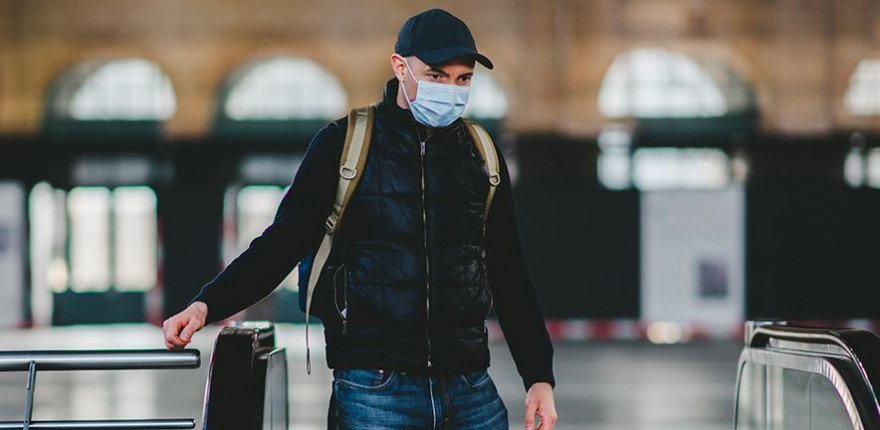Research so far suggests that wearing face masks to protect against COVID-19 does not lead wearers to engage in riskier behavior

Research so far suggests that wearing face masks to protect against COVID-19 does not lead wearers to engage in riskier behavior

Existing limited evidence suggests that wearing face coverings to protect against COVID-19 does not lead to a false sense of security and is unlikely to increase the risk of infection through wearers foregoing other behaviors such as good hand hygiene, say researchers from the University of Cambridge and King's College London.
Writing in BMJ Analysis, the researchers say that the concept of 'risk compensation' is itself the greater threat to public health as it may discourage policymakers from implementing potentially effective measures, such as wearing face coverings.
Wearing face coverings, particularly in shared indoor spaces, is now mandated or recommended in more than 160 countries to reduce transmission of SARS-CoV-2, the virus that causes COVID-19. Worn correctly, face coverings can reduce transmission of the virus as part of a set of protective measures, including maintaining physical distance from others and good hand hygiene.
While it is not clear how much of an effect face-covering have, scientists have urged policymakers to encourage the wearing of face coverings because the risks are minimal while the potential impact is important in the context of the COVID-19 pandemic.
However, early in the pandemic, the World Health Organization warned that wearing face coverings could "create a false sense of security that can lead to neglecting other essential measures such as hand hygiene practices." This type of behavior is known as 'risk compensation.'
A team led by Professor Dame Theresa Marteau at the Behavior and Health Research Unit, University of Cambridge, has examined the evidence for risk compensation to see whether concerns might be justified in the context of face coverings to reduce transmission of SARS-CoV-2.
In their article, the team argues that it is time to lay risk compensation theory to rest. Professor Barry Pless from McGill University, Montreal, Canada, once described it as "a dead horse that no longer needs to be beaten." The authors go further, saying "this dead horse now needs burying to try to prevent the continued threat it poses to public health, ...by slowing the adoption of more effective interventions."
- This press release was originally published on the University of Cambridge website
Type and Press enter